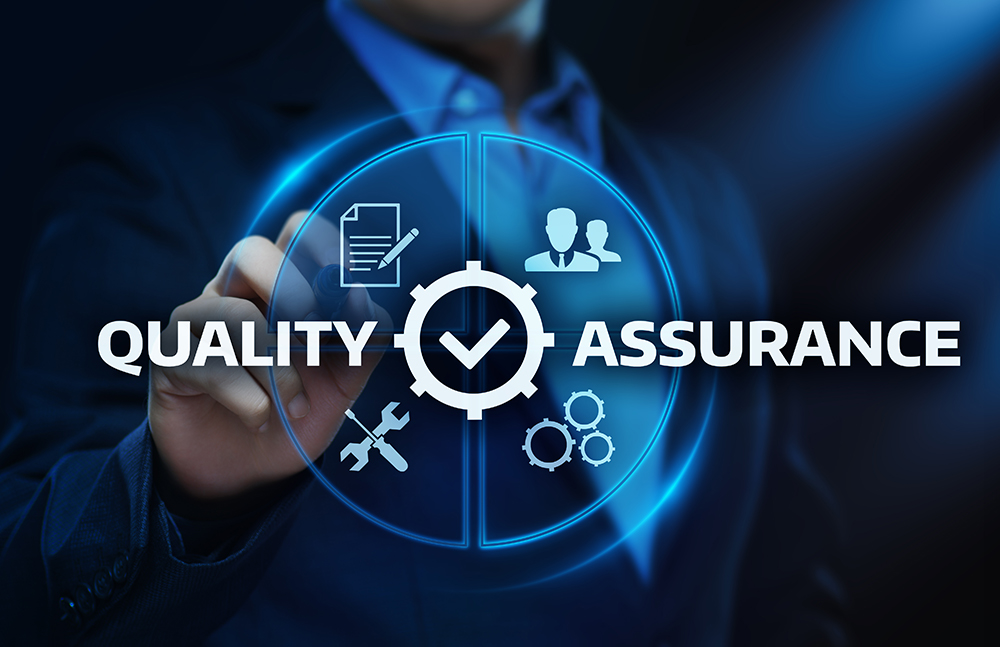Introduction to AI in Quality Assurance
The landscape of Quality Assurance (QA) has undergone a significant transformation, evolving from manual testing processes to the adoption of automated systems. The integration of Artificial Intelligence (AI) marks a pivotal point, offering unprecedented efficiencies and capabilities. This article delves into AI's transformative impact on QA, exploring how it enhances processes, addresses challenges, and shapes the future of quality control.
Key Benefits of Implementing AI in Quality Assurance
Enhanced Efficiency and Accuracy
AI technologies, through automation and sophisticated algorithms, significantly reduce the time and effort required for testing. By analyzing vast datasets, AI identifies patterns and anomalies faster and with greater accuracy than humanly possible, leading to improved product quality and reliability.
Scalability and Flexibility
AI-driven QA processes easily adapt to changing requirements and scales according to the project's complexity. This flexibility ensures that quality assurance remains robust across different stages of product development.
Cost Reduction and ROI
The initial investment in AI for QA might seem substantial, but the long-term benefits include substantial cost savings and a higher return on investment. Reduced manual effort, lower error rates, and faster time-to-market contribute to this financial advantage.
AI Technologies Shaping Quality Assurance
Machine Learning and Predictive Analytics
Machine learning algorithms predict potential issues and optimize testing strategies, enhancing the proactive capabilities of QA processes. Predictive analytics anticipates future challenges, allowing teams to address them before they escalate.
Natural Language Processing (NLP)
NLP interprets and processes human language, enabling AI systems to understand test cases and requirements documentation. This aids in automating test case generation and identifying discrepancies in requirements.
Computer Vision for Defect Detection
Computer vision technologies detect physical defects in products with precision, surpassing human visual inspection capabilities.
This application is particularly relevant in the manufacturing and product development sectors.
Practical Applications of AI in Quality Assurance
Automated Testing and Continuous Integration
AI facilitates automated testing, seamlessly integrating with continuous integration and deployment pipelines. This ensures that every code commit is automatically tested, maintaining code quality throughout the development cycle.
Real-Time Monitoring and Feedback
AI tools monitor application performance in real time, providing instant feedback to developers. This immediate response mechanism enables quick resolutions, enhancing overall product quality.
Predictive Maintenance and Anomaly Detection
In industrial settings, AI predicts equipment failures before they occur, scheduling maintenance to prevent downtime. Similarly, anomaly detection algorithms identify unusual patterns that might indicate defects or security breaches.
Challenges and Considerations
Data Privacy and Security Concerns
Implementing AI in QA raises data privacy and security questions. Protecting sensitive information while leveraging AI capabilities is a critical challenge that requires robust safeguards.
Integrating AI with Existing QA Processes
The integration of AI into established QA frameworks can be complex, necessitating a strategic approach. Organizations must ensure that AI complements existing processes without causing disruptions, which often requires careful planning and phased implementation.








